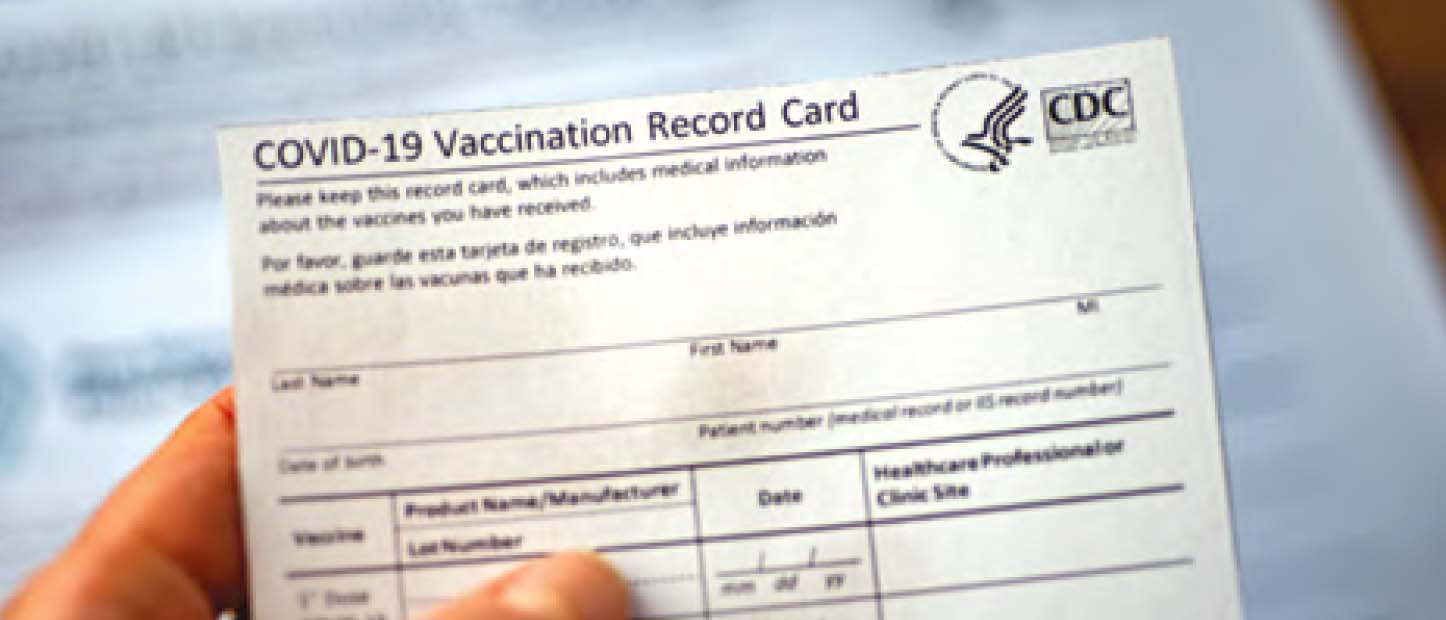
Ranking the Best Oils for Cooking

By Erin O’Brien
If you are a regular reader of this column, hopefully you have been convinced to eat healthier and cook at home more often than eating out. If so, congrats! It’s one of the hardest and most time-consuming steps to a healthier lifestyle, but definitely worth it. If not, and you need further motivation, I hope this article helps to convince you.
I have been a very vocal advocate of including healthy fats in your diet, especially coconut oil, butter and olive oil. As we all know, anything consumed in moderation is usually not too bad for you. But we all use oils and fats a lot in cooking—so how do you know which ones to use when? I have researched several reputable sources in order to get a variety of information and help you decide which oils to buy, how and when to use them and what benefits and risks each provides. Please see Table 1.
Every oil has about 120 calories and 13g of fat per tablespoon—what makes them different are things like flavor, aroma and most importantly, chemical composition. Monounsaturated fatty acids (MUFA) and polyunsaturated fatty acids (PUFA) occur in each oil in different quantities, and the ratio between the two determines whether the fat is a solid or liquid at room temperature, what its smoking point is and how it affects the human body.
The smoking point of an oil or fat is the temperature where it begins to smoke and start to lose its nutrients and flavor. Oils with higher smoke points are better for high-heat cooking like frying, sautéing and grilling, while oils with lower smoke points are better for dressings, marinades and flavoring. Exposing oils to heat and oxygen causes them to oxidize. With enough heat, “cooking oil polar compounds” form and some research has sown these compounds to be toxic to humans, possibly raising blood pressure, cholesterol and risk of heart disease. Exposure to the compounds is minimized by choosing oils with higher amounts of MUFA than PUFA. Due to their chemical structure, MUS are more resistant to heat and oxidation. Oils high in MUFA include olive, avocado, canola, sesame and soybean.
Omega-3 and Omega-6 are two types of PUFAs. A good balance of the two is important to a healthy diet. Oils and foods containing oils high in Omega-3s are important to include—ish and fish oils are two of the largest and best sources of Omega-3s, but they can also be found in other oils like walnut, canola and flaxseed. Omega-6 fatty acids are found in abundance in processed and packaged foods, refined plant oils, eggs, proteins and some nuts and seeds, and should be consumed in moderation as they have a negative effect on your body. The optimal ratio of MUFAs to PUFAs is 4:1.
Finally, the process used to produce oils can also introduce heat into the mix and produce polar compounds and further degrade the oil. When buying oils, be sure to choose one that is cold-pressed or expeller-pressed. Cold-pressed means the oil is extracted without heath, thereby retaining the flavor, aroma and nutrients of the oil. Expeller-pressing is a mechanical process to squeeze the oil from the source.
Please use this information to make smart, educated choices about what kinds of oils you buy and use in your daily cooking. Remember that in moderation, very few foods will cause any lasting harm to your body but the more smart choices you make, the healthier you will be.
















